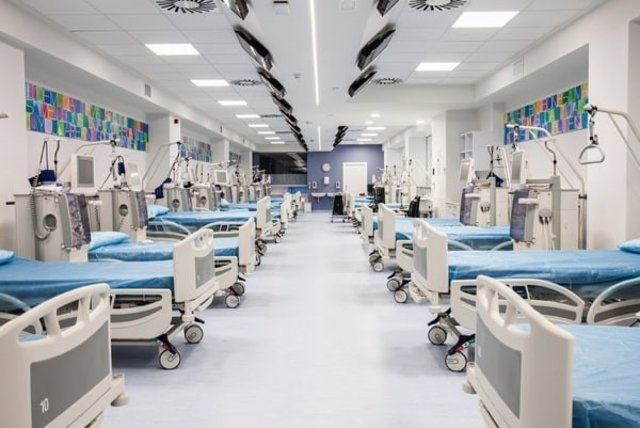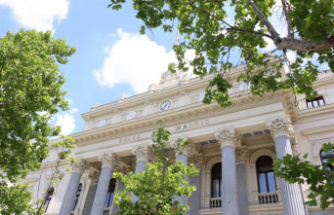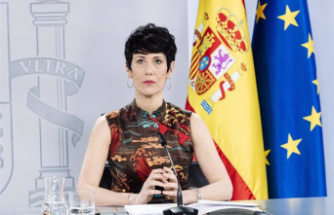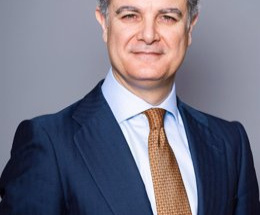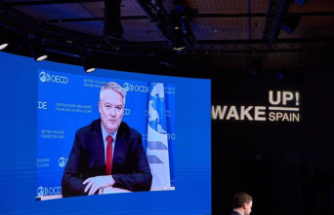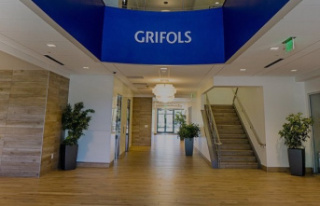The business of Helios Spain grew by 10% in 2022, up to 4,441 million
The German group Fresenius has announced its intention to simplify its structure by deconsolidating Fresenius Medical Care (FMC), the kidney dialysis division and main business unit of the company, changing its legal form, while it will focus its strategy on Fresenius Kabi and Fresenius Helios, which includes the Quirónsalud hospitals.
In this way, the German giant intends to deconsolidate Fresenius Medical Care by changing the legal form of the business unit to that of a public limited company (Aktiengesellschaft), which it expects to complete by the end of fiscal year 2023 based on the necessary approvals from the shareholders.
To this end, the multinational plans to hold an extraordinary general meeting of Fresenius Medical Care next July to decide on the proposal to change the legal form of the company, which would thus cease to be part of the fully consolidated subsidiaries of Fresenius, which will retain a 32% interest in the capital stock of Fresenius Medical Care.
Likewise, the German group has revealed that Fresenius Kabi and Fresenius Helios are at the center of the company's strategy (
Thus, building on a resilient global generics business, Fresenius Kabi will expand along the Nutrition, Biopharma and MedTech growth vectors, while Helios Germany and Quirónsalud are already the leading providers of private hospitals in Germany and Spain.
In this sense, he pointed out that Fresenius Helios intends to take advantage of its position in the market to actively shape industry trends through digitization and integrated care.
On the other hand, Fresenius Medical Care and Fresenius Vamed will be considered investments, so there will be a strong focus on the active management of their financial value.
"This is a turning point for Fresenius," said Fresenius CEO Michael Sen, who believes the new structure will greatly benefit both companies, as Fresenius Medical Care needs operational change to improve its performance and Fresenius needs to streamline its operations. complex corporate structures.
"The new legal form will give us the flexibility and autonomy to focus all our efforts on generating value as the leading renal care company," said Helen Giza, CEO of Fresenius Medical Care.
COST SAVINGS
Likewise, the German group has expressed its intention to achieve annual structural cost savings of around 1,000 million euros at the EBIT level by 2025.
To achieve this goal, Fresenius is implementing specific programs in all business segments, including measures to optimize purchasing, processes, sales and administrative costs, as well as divestitures of non-core assets.
In this way, the company has already realized savings of 152 million euros after taxes and minority interests in fiscal year 2022, offset by 260 million euros in non-recurring costs.
In the case of Fresenius Medical Care, the savings target for its FME25 transformation program has increased from €500 million to €650 million by 2025, while it now expects to invest up to €650 million in the same period.
RESULTS
On the other hand, the company reported that in the past financial year it obtained an attributable net profit of 1,372 million euros, 25% below the result recorded in 2021 as a result in part of the impact of atypical events such as expenses associated with the improvement program of efficiency, as well as related to the war in Ukraine, the transaction costs of mAbxience, Ivenix or the hyperinflation in Turkey.
Fresenius' revenues in 2022 totaled 40,840 million euros, 8.8% more, with FMC growing 10%, up to 19,398 million, while Kabi's business increased 9%, up to 7,850 million; that of Vamed 3%, up to 2,359 million, and the income of Helios 8%, up to 11,716 million.
In the fourth quarter of 2022, Fresenius' attributable net profit decreased by 49% compared to the result of the same period of 2021, to 255 million. On its side, the group's quarterly income increased by 6.8%, up to 10,643 million.
In the case of the Helios Spain hospital business, which includes Quirónsalud's activity, revenue increased by 12% in the fourth quarter, to 1,214 million euros.
The company highlighted the good performance of the clinics in Latin America and the strong demand from patients, which allowed an organic growth in billing of 12%.
In the 2022 financial year as a whole, Helios Spain's revenues grew by 10%, to 4,441 million, with organic growth of 9%.

